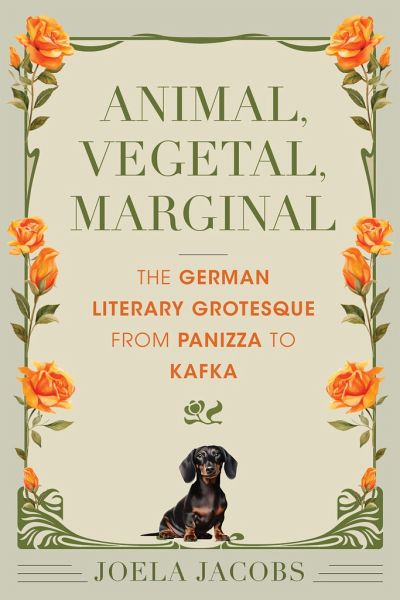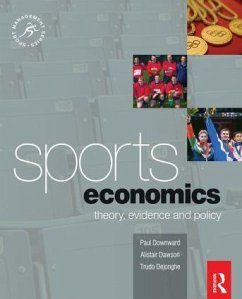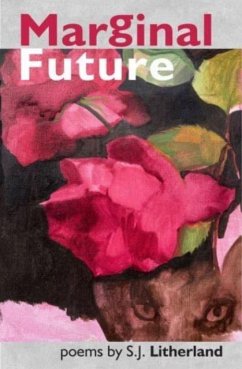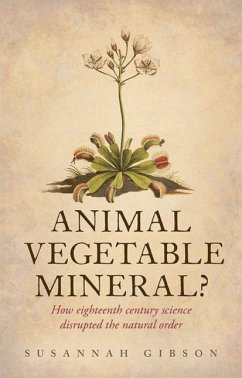
Animal, Vegetal, Marginal
The German Literary Grotesque from Panizza to Kafka

PAYBACK Punkte
23 °P sammeln!
"Masturbating magnolias, speaking dogs, Nazis studying Yiddish-these are just some of the scenarios of the provocative Germanophone genre of die Groteske, or literary grotesque. From the defamiliarizing vantage point of plant, animal, and marginalized human (e.g., Jewish) perspectives, this short prose form challenges the norms of being human and being accepted as such by society in exaggerated and satirical ways. Between the Kaiser's and Hitler's Reichs, the genre's irreverent comedy and criticism sold out cabarets, drew droves of radio listeners, and created bestsellers. Yet because its auth...
"Masturbating magnolias, speaking dogs, Nazis studying Yiddish-these are just some of the scenarios of the provocative Germanophone genre of die Groteske, or literary grotesque. From the defamiliarizing vantage point of plant, animal, and marginalized human (e.g., Jewish) perspectives, this short prose form challenges the norms of being human and being accepted as such by society in exaggerated and satirical ways. Between the Kaiser's and Hitler's Reichs, the genre's irreverent comedy and criticism sold out cabarets, drew droves of radio listeners, and created bestsellers. Yet because its authors were ruthlessly censored and persecuted, the Groteske is virtually unknown today and neglected by scholarship. Pioneered in the early 1890s by Oskar Panizza, the author who served the longest censorship prison sentence of the Wilhelmine Empire, the genre was adapted by writers like Hanns Heinz Ewers, who capitalized on the Groteske's potential for sensationalist shock value before the First World War. The genre's increasing relevance for German Jewish authors and audiences culminated in Salomo Friedlaender's oeuvre, who infused Grotesken with intellectual word play from the 1910s throughout the 30s. Ultimately, the Groteske's critique of society's norms through the lens of animals and marginalized humans took shape in the work of Franz Kafka, who is typically understood as a solitary, exceedingly serious writer. By mapping the emergence and the conventions of this literary form for the first time, this monograph recovers a lost part of Kafka's literary genealogy that recontextualizes his writing and its contemporary humor. By moreover unlocking the complicated reception history of the censored genre through its lesser-known authors Panizza, Ewers, and Friedlaender, this book analyzes the ways in which the Groteske's marginalized and nonhuman perspectives mounted resistance against the rise of the normative power structures underpinning nationalism, racism, and antisemitism"--













